Following an already stellar 2023, 2024 defied expectations with groundbreaking titles that showcased innovation across genres. From long-awaited franchise evolutions to indie surprises, this year proved gaming creativity remains boundless. We witnessed titles that made us laugh, scream, and ponder, each carving its own space in the cultural conversation. The sheer diversity on display highlights why gaming continues to push boundaries.
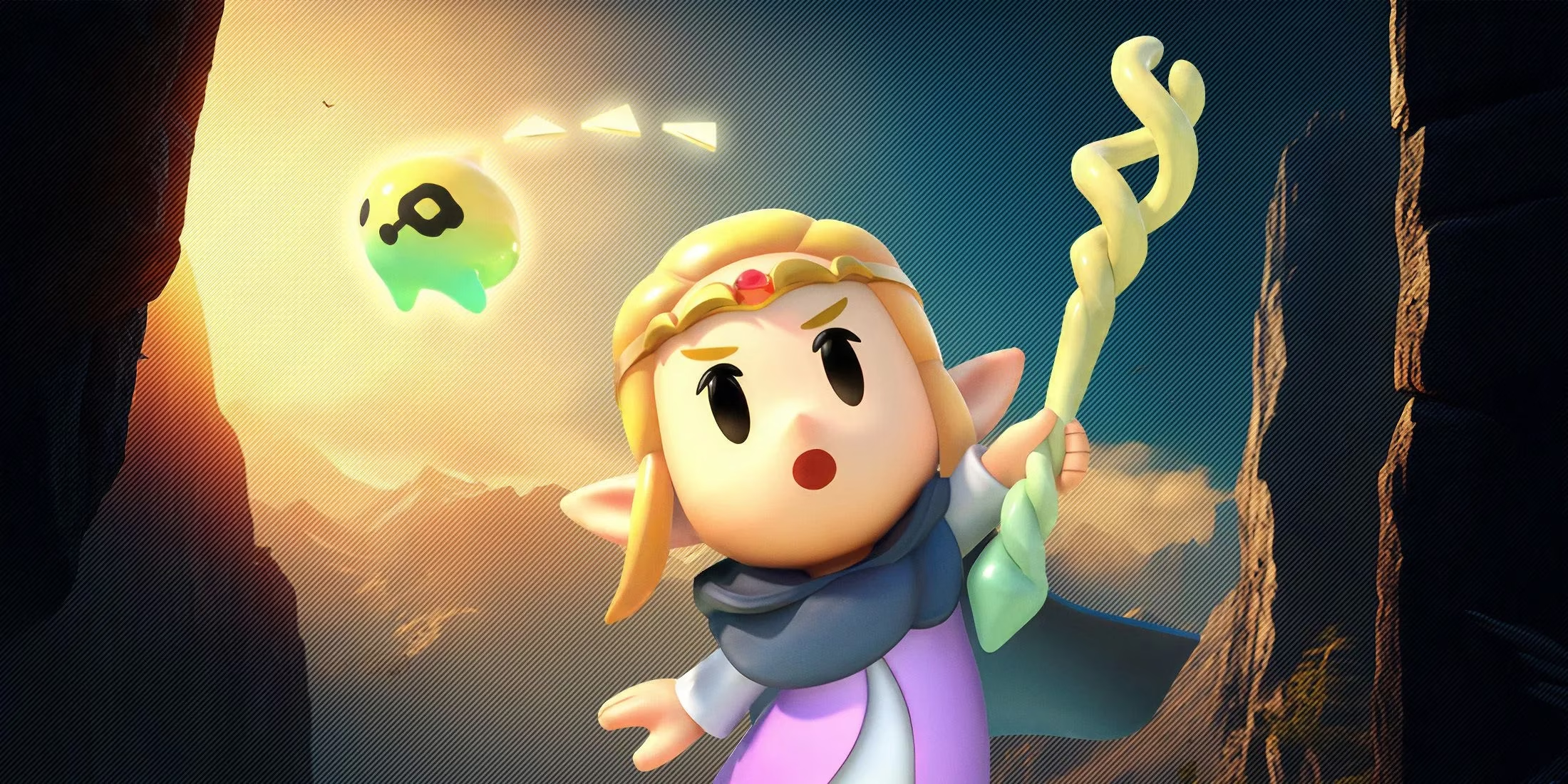
The Legend of Zelda: Echoes of Wisdom finally gave Princess Zelda her well-deserved starring role. Merging the nostalgic charm of classic 2D Zelda with the open-ended brilliance of Breath of the Wild, it felt revolutionary. Playing as Zelda, utilizing her unique Echo abilities instead of Link’s sword and shield, offered a fresh perspective on Hyrule. We were mesmerized by the sheer creativity required to solve puzzles and navigate dungeons. It wasn't just a novelty; it was a masterclass in evolving a beloved franchise while keeping its heart intact. The art style, reminiscent of the Link’s Awakening Remake, added a delightful layer of whimsy. This adventure left us desperately hoping Nintendo gives Zelda the spotlight again on their next hardware.
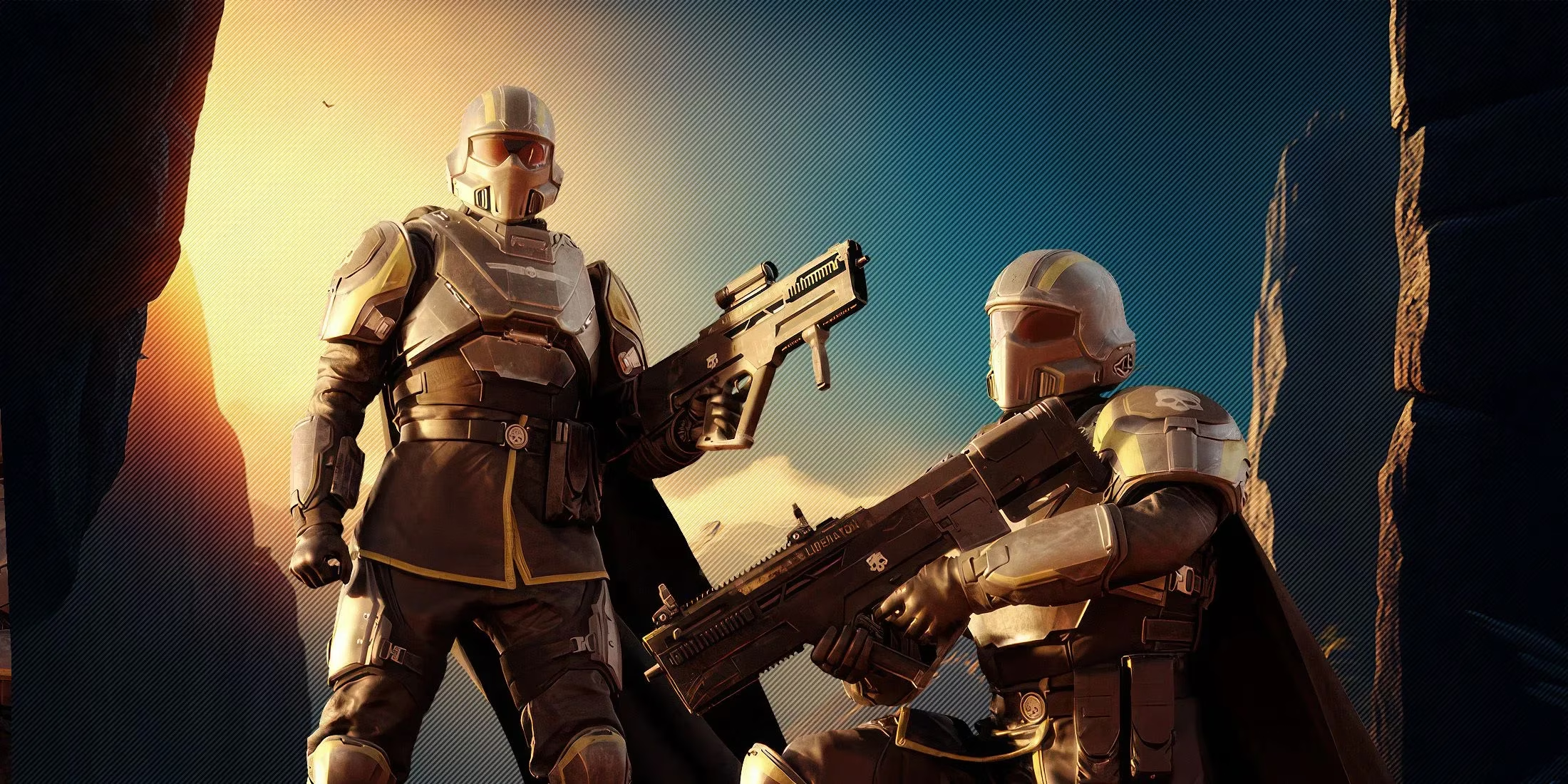
Helldivers 2 exploded onto the scene, becoming the cooperative phenomenon of 2024. Switching to a third-person perspective was a genius move, making the chaotic battles against bugs and bots infinitely more visceral and accessible. Arrowhead Game Studios didn’t compromise on the challenge though – friendly fire remained a hilarious, punishing reality. The sheer adrenaline rush of calling in a barrage of artillery strikes using the DDR-like Strategem inputs, surrounded by comrades, created moments of pure, chaotic joy. Its reward loop is fiendishly addictive, and the game’s satirical, Starship Troopers-esque tone constantly brought smiles to our faces. The ongoing updates, introducing terrifying new enemies and powerful vehicles like the recent heavy mech, solidified its status. Helldivers 2 became more than a game; it became a communal experience we couldn’t quit.
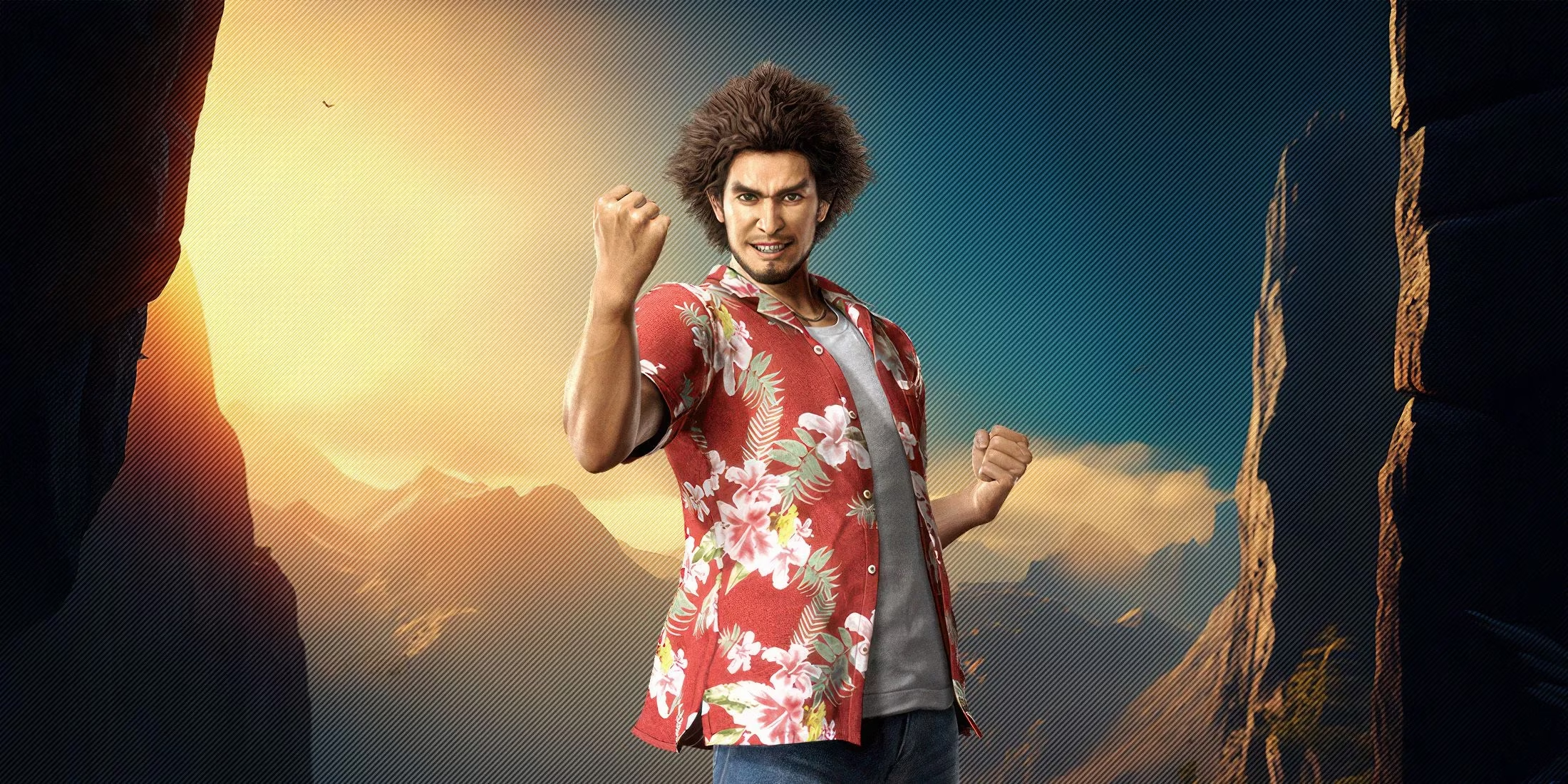
Like a Dragon: Infinite Wealth delivered an emotional powerhouse. Witnessing the poignant journey of Kiryu confronting his mortality alongside Ichiban’s boundless optimism and quest for family was deeply moving. Ryu Ga Gotoku Studio masterfully blended the absurdity the series is known for – think battling a giant aggressive shrimp in an alleyway – with moments of profound human drama. The turn-based JRPG combat, introduced with Ichiban, felt more refined and explosive than ever. Yet, the true magic lay in the characters. Kiryu remained the epitome of stoic cool, while Ichiban’s infectious, doe-eyed sincerity grounded the entire sprawling adventure. It felt like the perfect culmination of the franchise’s dual identities. The depth of the relationship-building mechanics and the sprawling locales, including a vibrant and hilarious Honolulu, made it an unforgettable odyssey.
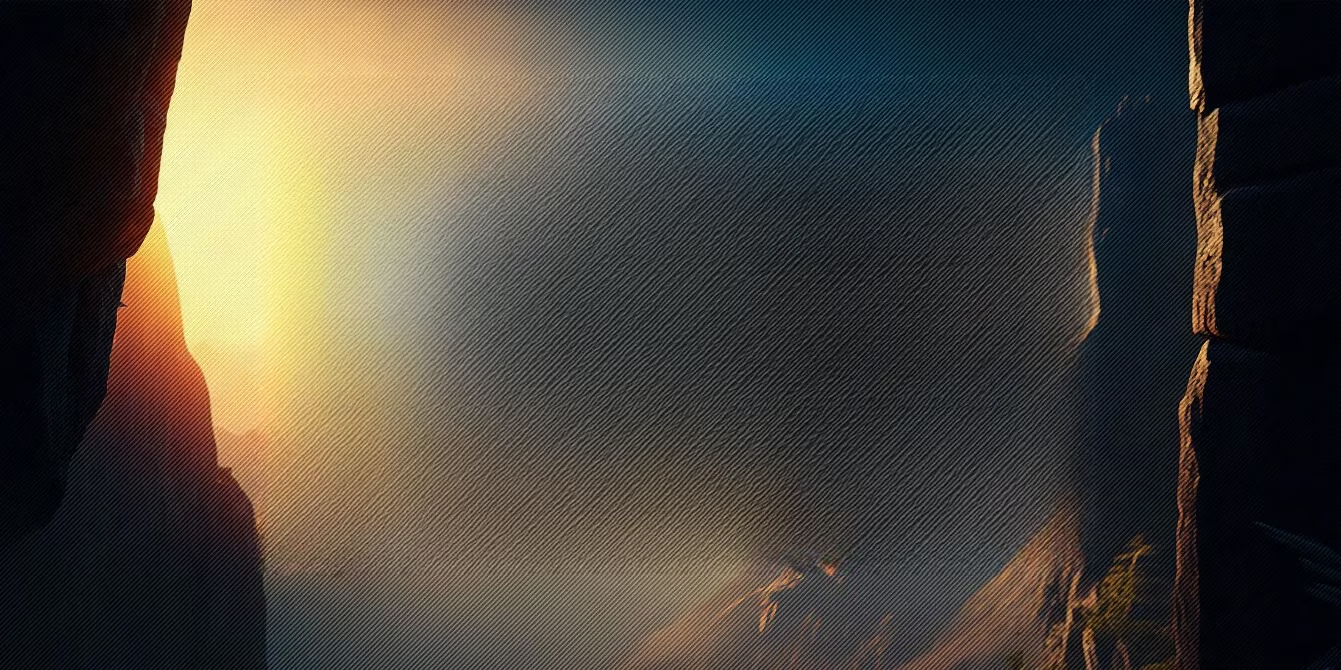
Balatro emerged as the ultimate indie surprise, transforming the simple concept of video poker into a roguelike obsession. Its genius lies in accessibility; you don’t need to be a poker shark to grasp the core loop of building powerful hands enhanced by wild Joker cards. The art style, particularly the unique and often bizarre Joker illustrations, gave it immense personality. Watching the score multiplier dramatically climb after pulling off a perfect flush felt incredibly satisfying. The ‘just one more run’ pull was incredibly strong, making hours vanish effortlessly. Balatro proved that innovative mechanics trumped high-end graphics. Its unique blend of strategy, luck, and sheer addictiveness makes it a game we foresee ourselves playing well into 2025 and beyond.
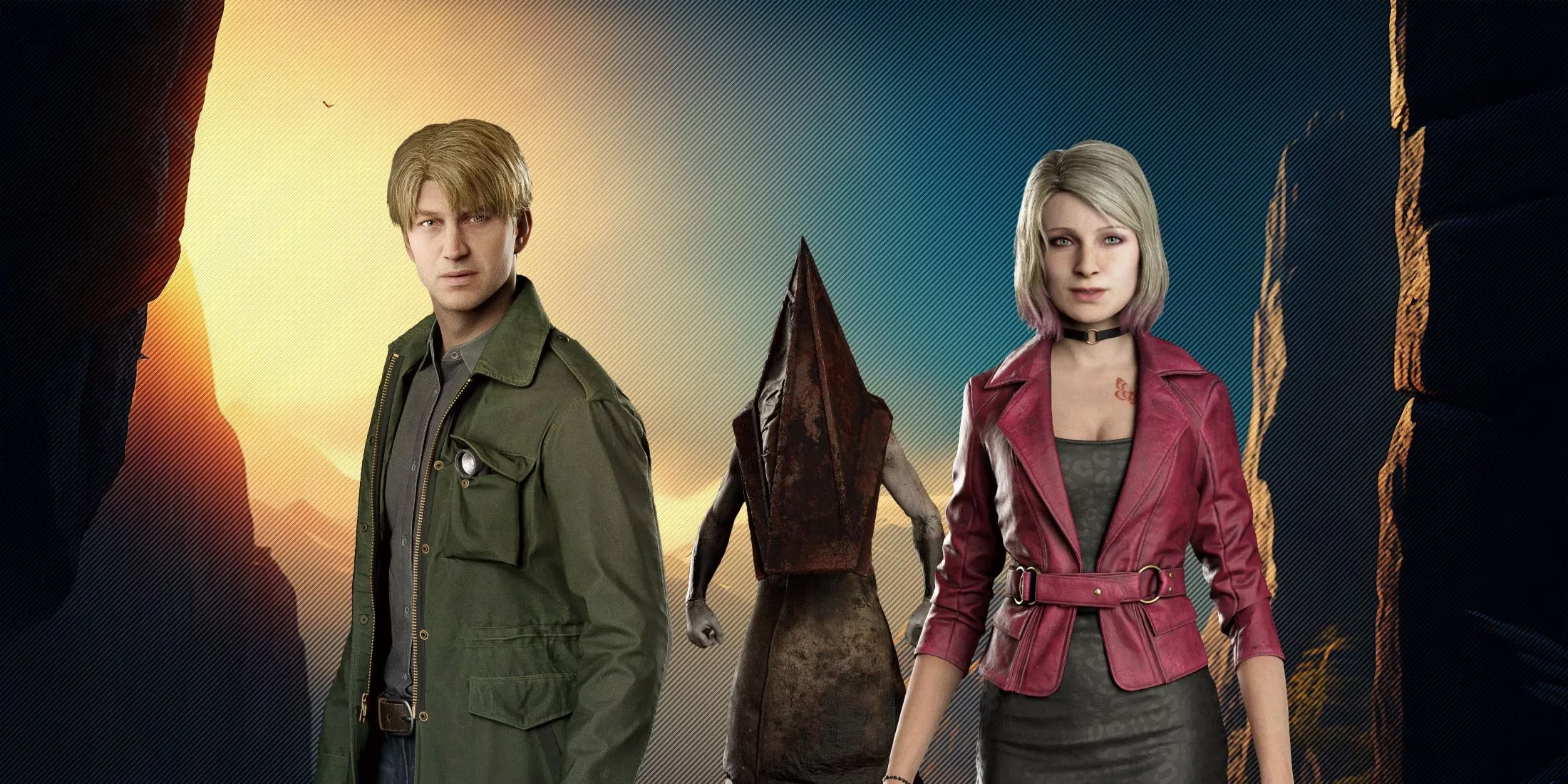
Silent Hill 2 wasn't just a remake; it was a revelation. Bloober Team surpassed expectations, delivering a hauntingly beautiful and terrifying experience that honored the original while significantly enhancing it. The oppressive atmosphere of Silent Hill was more palpable than ever, thanks to stunning visuals and immersive sound design that constantly kept us on edge. Luke Roberts’ portrayal of James Sunderland captured a profound sense of desperation and unease that resonated deeply. The team masterfully expanded areas and encounters, introducing new layers of psychological horror without betraying the story's core. It wasn't merely a coat of new paint; it felt like experiencing James's torment with fresh, horrified eyes. This remake silenced doubters and proved Bloober Team understood the essence of Silent Hill.
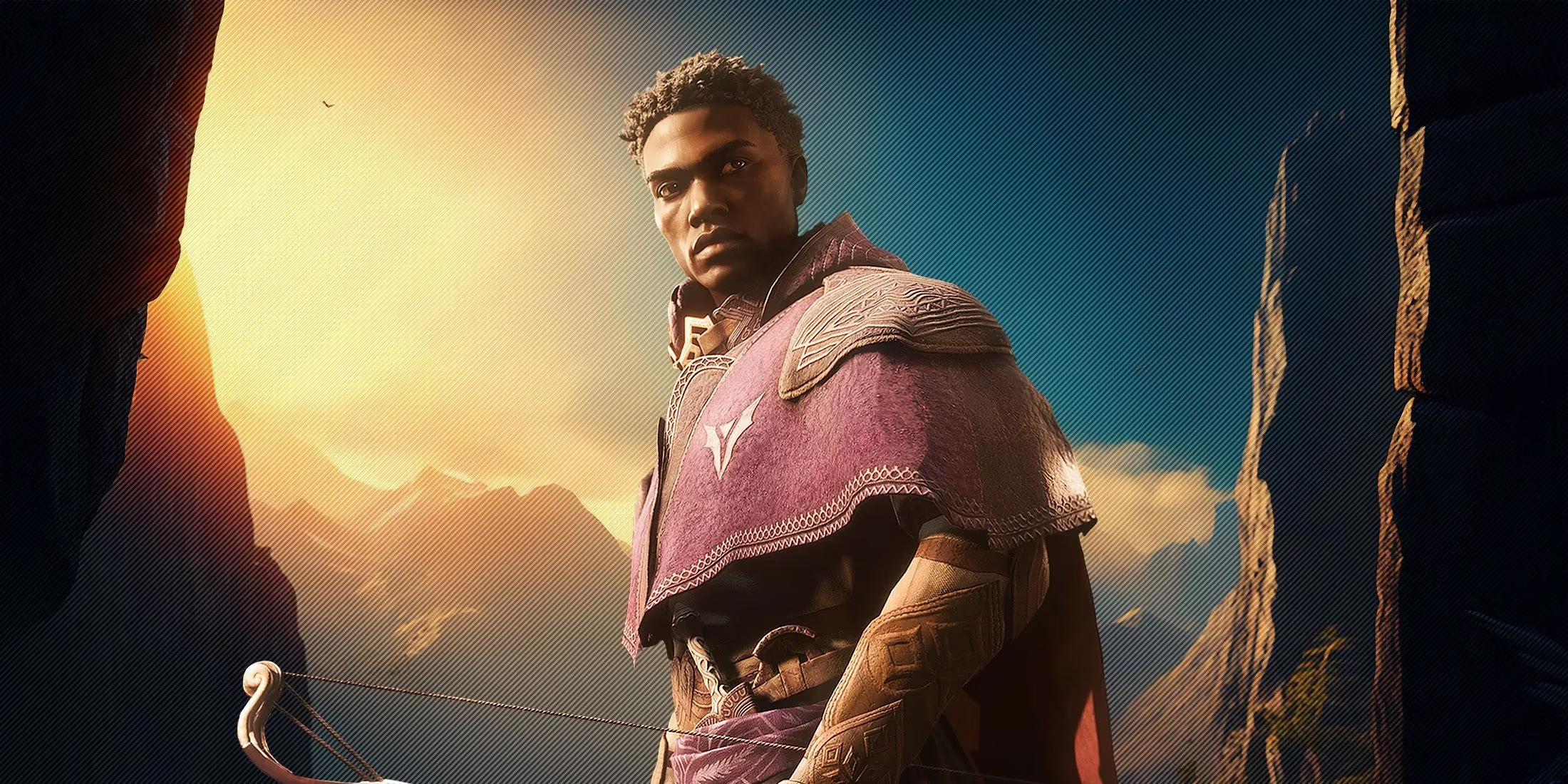
Dragon Age: The Veilguard was the triumphant return BioWare desperately needed. It modernized the formula with faster, more action-oriented combat and a refined story progression system, but crucially, it retained the soul of Dragon Age. The world was a breathtaking tapestry to explore, filled with intriguing lore and stunning vistas. BioWare's signature strength – crafting memorable companions – shone brightly. Each party member in our merry band felt uniquely realized, with rich backstories and motivations that made us genuinely care about their fates. The agonizing choices presented throughout the narrative felt weighty and consequential. The Veilguard reminded us why BioWare holds a special place in RPG fans' hearts: its ability to weave compelling narratives around characters who feel like friends. It reignited our excitement for the future of Thedas.
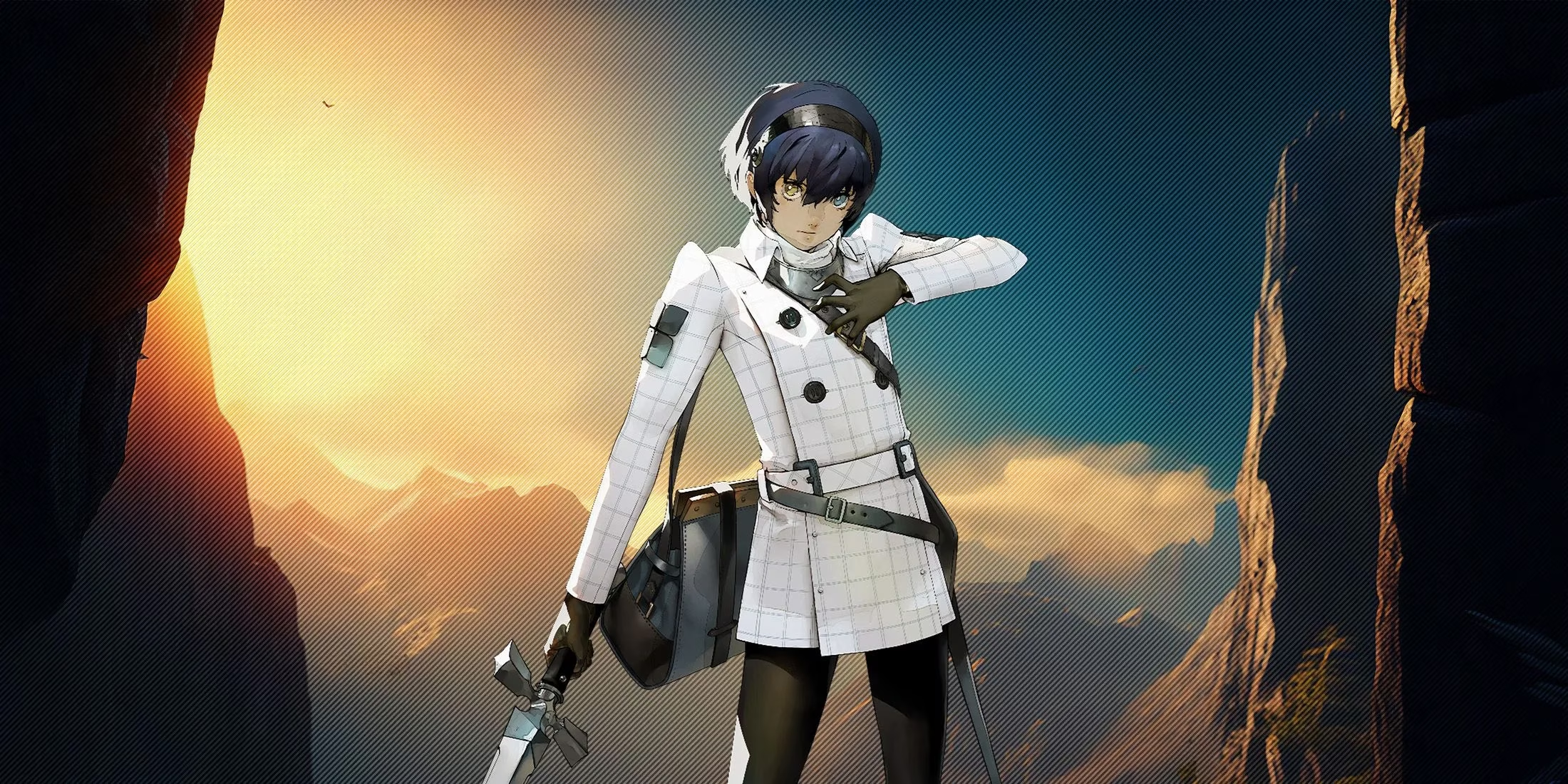
Metaphor: ReFantazio showcased Atlus operating at the peak of their powers. While distinct from Persona, its DNA was unmistakable in the deeply engaging turn-based combat, intricate character relationships, and that undeniable Atlus style. The fantasy setting was a fresh and welcome change, filled with disturbingly beautiful enemy designs and a captivating world. The characters were incredibly well-developed, their personal journeys interwoven seamlessly with the grand political narrative. The sheer scale was daunting, easily demanding 100+ hours, but every moment felt meaningful. The soundtrack was phenomenal, driving both intense battles and quiet moments of reflection. Metaphor proved Atlus could deliver excellence outside their flagship series, offering a deep, stylish, and utterly engrossing JRPG experience that satisfied our hunger while making us even more eager for Persona 6.
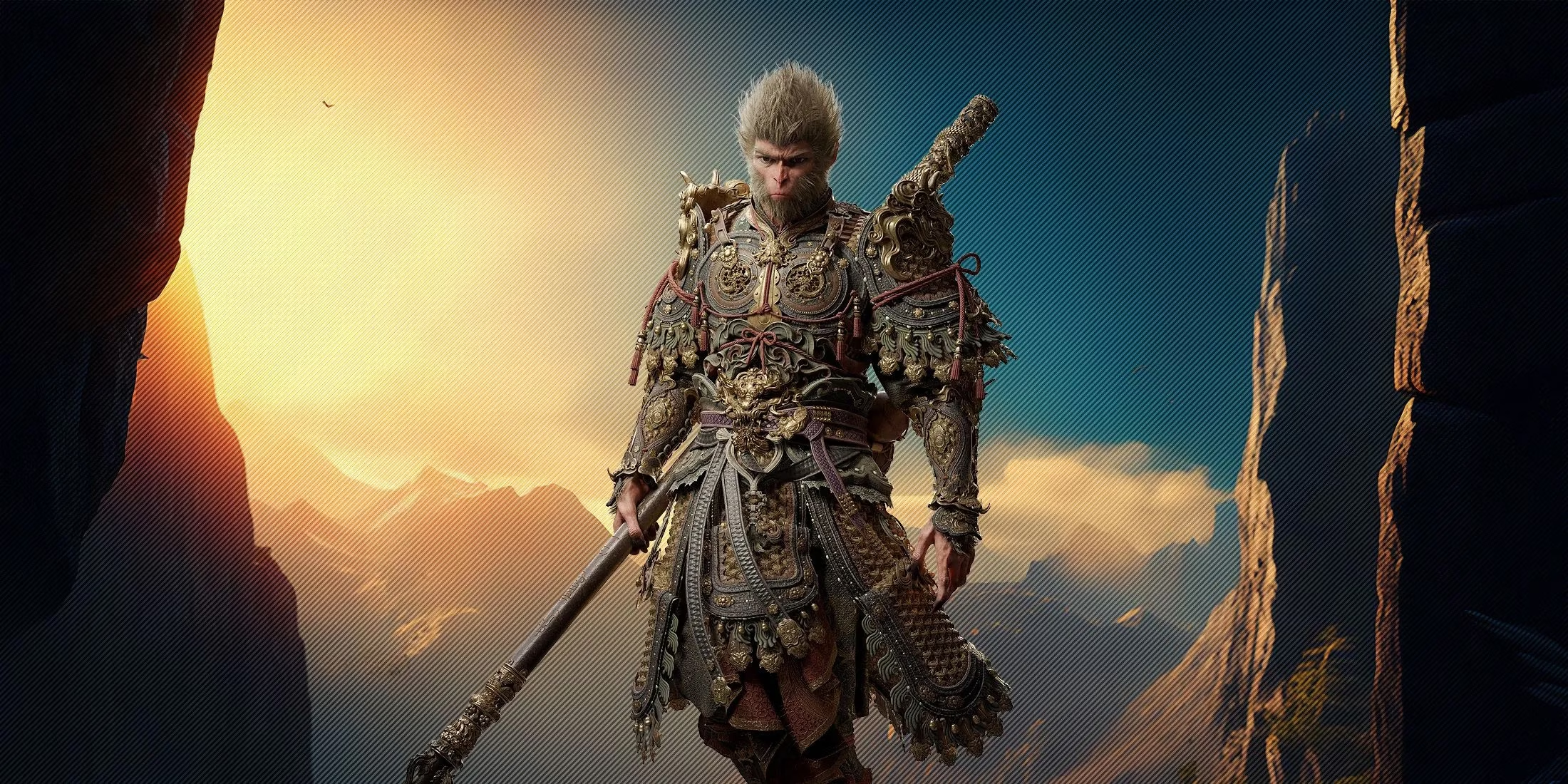
Black Myth: Wukong was a visual masterpiece and a formidable challenge. Game Science delivered on the immense promise of those early trailers, creating one of the most stunning games of the generation. The environments were breathtakingly detailed, filled with mythical Chinese artistry, and the boss battles were truly epic spectacles. Drawing from Journey to the West, the game offered a unique perspective on familiar lore. Its demanding combat required precision and mastery, rewarding patience and skill. Moments of awe – like facing a colossal, multi-armed deity amidst a storm – were frequently followed by humbling defeats, creating a compelling loop of frustration and triumph. It wasn't just a great game; it felt like a significant moment, introducing many Western players to the incredible talent within the Chinese development scene and setting a new bar for action RPG spectacle.
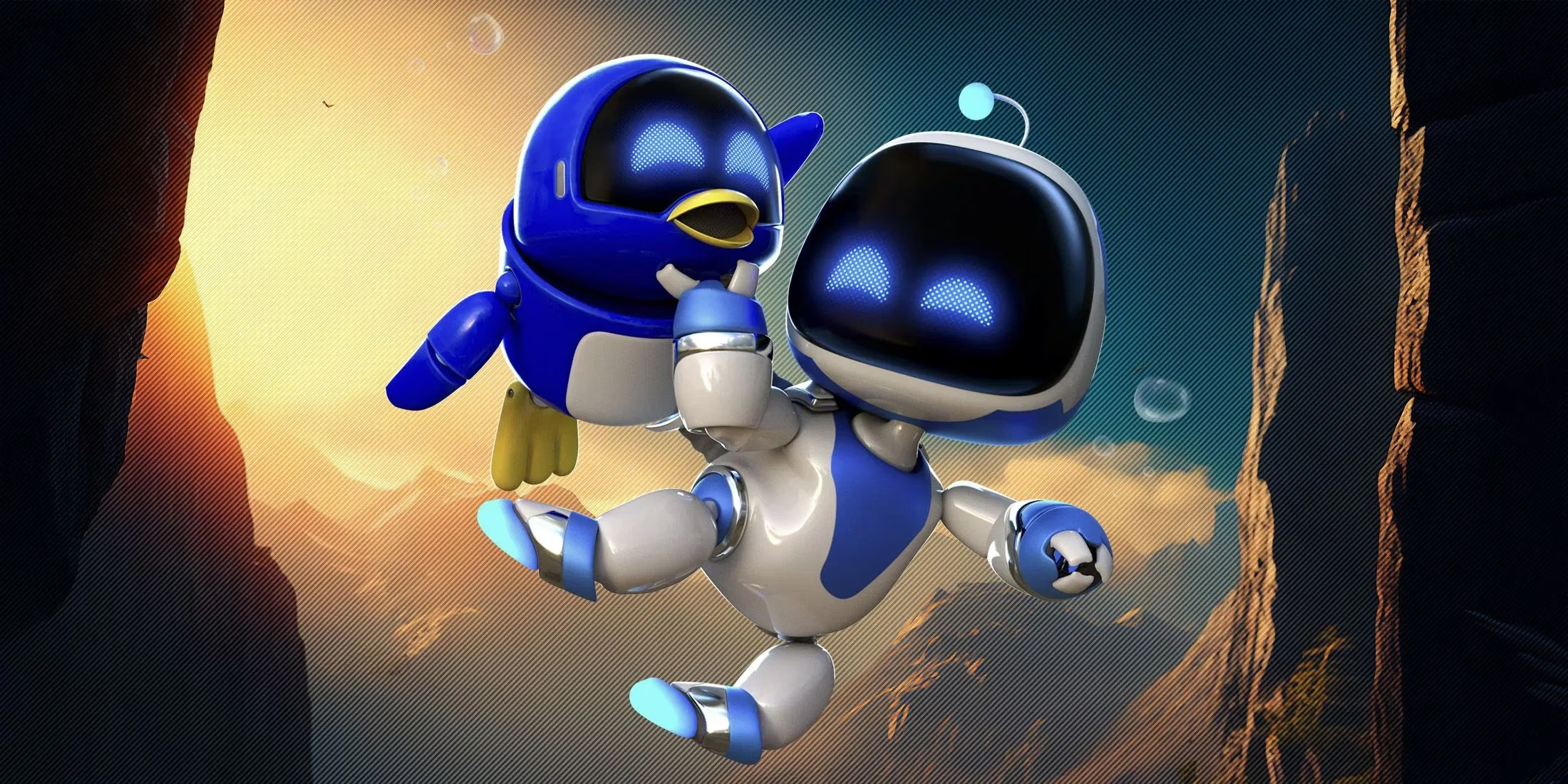
Astro Bot was pure, unadulterated joy. Team Asobi crafted a platforming masterpiece that celebrated PlayStation's history while standing firmly on its own merits. The creativity on display was astonishing; each level introduced new, ingenious mechanics that constantly surprised and delighted us. Controlling Astro felt incredibly responsive and satisfying. While the loving homages to iconic PlayStation franchises were a treat for fans, the core gameplay – tight controls, inventive level design, and charming personality – was exceptional even without them. The sheer variety and constant sense of discovery made it impossible to put down. Astro Bot solidified Team Asobi as a premier PlayStation studio and established the little robot as a true mascot, delivering arguably the most purely fun experience of the year.
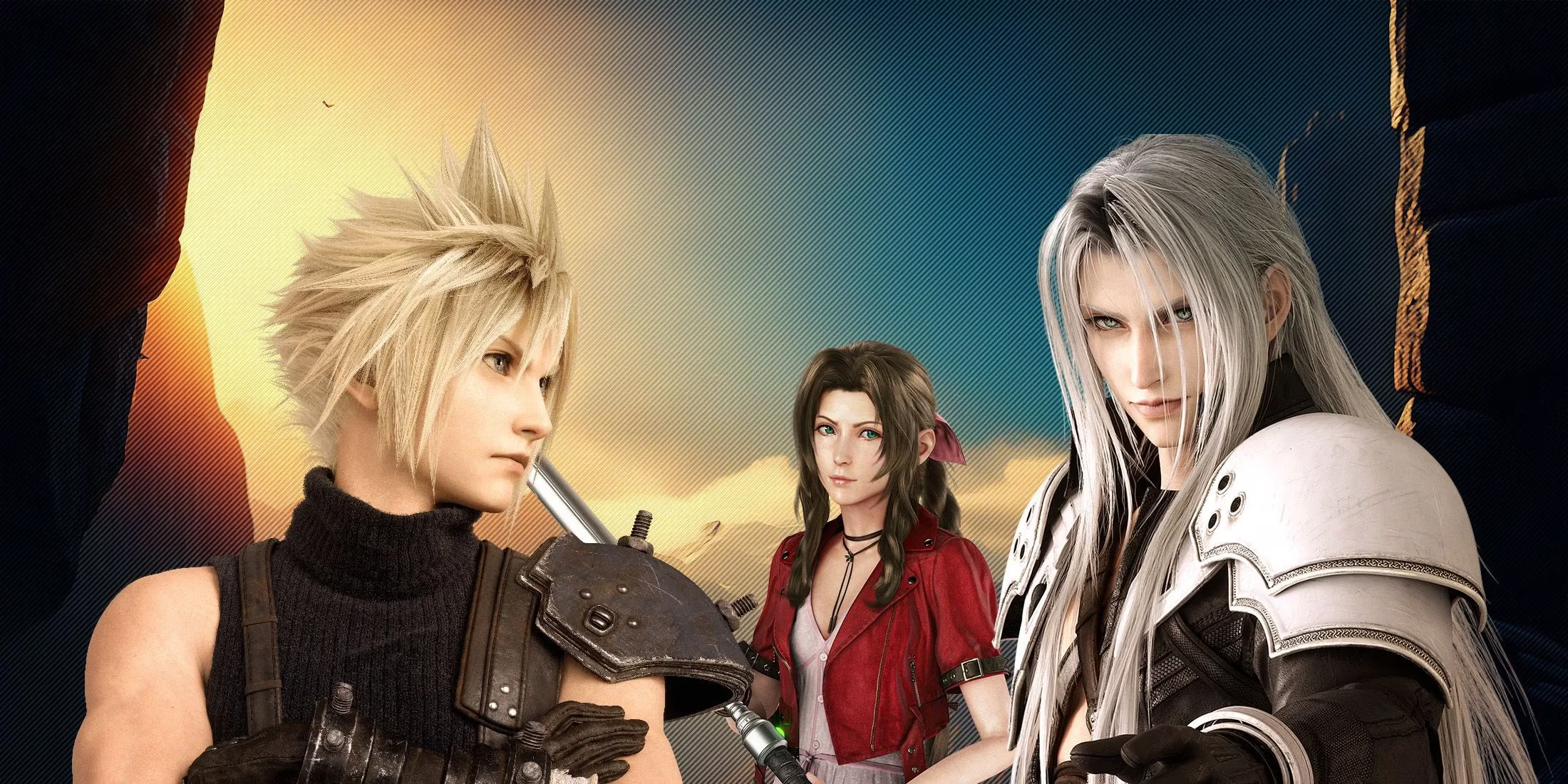
Final Fantasy VII Rebirth took the ambitious foundation of Remake and soared to even greater heights. The expansion into a vast, gorgeous open world was handled masterfully, offering meaningful exploration alongside the intense story. Combat was refined and more dynamic, allowing seamless switching between characters. The deepening of Cloud, Tifa, Aerith, and Barret's relationships, along with the exploration of Zack's fate, added incredible emotional weight. Queen’s Blood, the surprisingly deep card minigame, became an obsession in its own right. Square Enix masterfully played with fan expectations, delivering a middle chapter that was both satisfying and left us desperate for the conclusion. The theories swirling around that ending alone will sustain the community for years. Rebirth wasn't just a great FF7 game; it was a monumental RPG achievement.
Looking ahead to 2025, giants like GTA 6 loom large, promising another potentially groundbreaking year. The bar has been set incredibly high by 2024's stellar lineup. Whether revisiting these masterpieces or diving into them for the first time, their impact is undeniable. They represent the diverse, creative, and thrilling experiences that make gaming such a vibrant medium. Don't let these adventures pass you by – dive in and experience the magic that defined 2024! 🎮✨